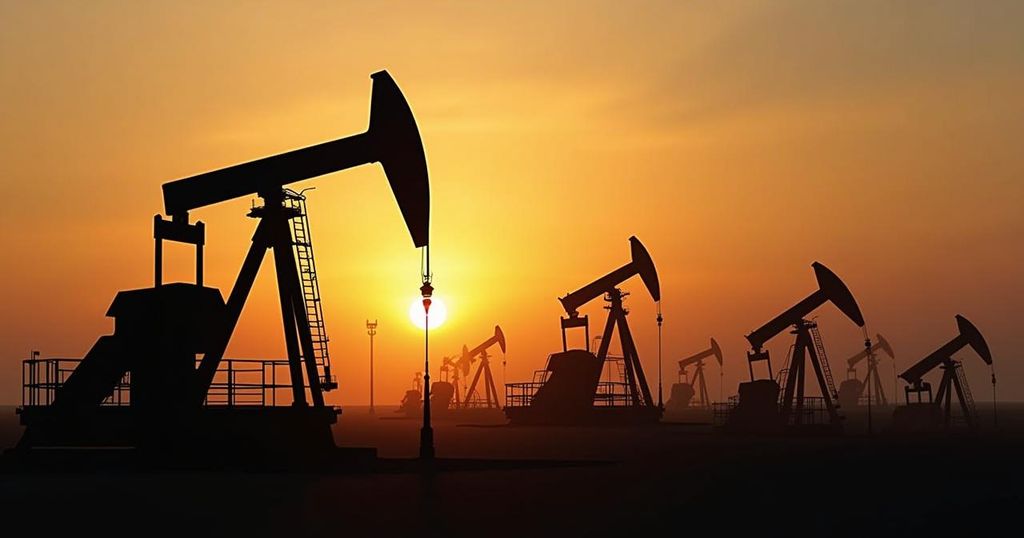Bolivia Ends Gas Exports to Argentina: A Shift in Regional Energy Dynamics
Bolivia’s gas exports to Argentina have officially ended as of September 18, 2023, concluding nearly two decades of trade. Argentina’s growing domestic supply and infrastructure advancements have enabled it to reduce reliance on Bolivian gas. Negotiations regarding tariffs and pipeline logistics between Argentina and Bolivia are ongoing as Argentina pursues gas exports to the region and global markets.
In September, it was confirmed by Bolivia’s state-run energy company, Yacimientos Petroliferos Fiscales Bolivianos (YPFB), that exports of natural gas from Bolivia to Argentina have ceased. This marks the conclusion of nearly two decades of gas trade between the two nations. Argentina’s gas consumption reached approximately 130 million cubic meters per day (m³/d), while Bolivian exports had dwindled to 2 million m³/d by the time imports halted on September 18, 2023. A prior agreement had anticipated that the supply would end in July 2023; however, both countries negotiated a last-minute extension of two months. Factors contributing to this cessation include an uncharacteristically warm winter in the Southern Hemisphere, which reduced gas demand in Argentina. Notably, while Bolivia has ceased exporting gas to Argentina, it continues to supply Brazil. Amidst the backdrop of these developments, Argentina is progressing towards becoming an exporter of gas to not only regional partners but also global markets through Liquefied Natural Gas (LNG) shipments, capitalizing on surplus supplies from Chile. Discussions between energy firms in Argentina and Brazil are currently under way to facilitate the exportation of gas from Argentina’s Vaca Muerta shale formation by adjusting existing pipeline directionality, an action designed to mitigate regional gas shortages. Despite a preliminary proposal to reverse the flow of Bolivian gas pipelines, negotiations between Argentina and Bolivia have been sluggish, primarily due to tariff disagreements. In June, Bolivia suggested an elevated fee for allowing Argentinian gas to transit to Brazil, which was deemed excessively high by Argentine government officials. As a result, alternative routing options through neighboring Uruguay and Paraguay are being explored, although the quickest solution remains the reversal of the existing Bolivian pipelines to secure gas supplies for Argentina’s neighbors efficiently.
The energy trade dynamics between Bolivia and Argentina have evolved significantly over the years, influenced by changing demand levels, bilateral agreements, and broader regional market conditions. Bolivia, once a major gas supplier in South America, has seen a decline in its export levels due to various factors, including domestic consumption and production challenges. Argentina has long faced a negative energy balance and is now undertaking important infrastructure improvements to enhance its gas export capabilities. These developments are set against the backdrop of shifting energy markets in South America, where countries are seeking to improve energy security and reduce dependency on imports, particularly amid volatile global LNG prices.
The cessation of Bolivian gas exports to Argentina signifies a notable shift in the regional energy landscape, concluding a long-standing trade relationship. As Argentina pursues strategies to become a gas exporter, both countries have to navigate complex negotiations regarding existing pipeline logistics and tariffs. The outcome of these discussions will be critical in determining future energy dynamics in South America, with potential implications for regional partnerships and energy security.
Original Source: www.worldpipelines.com




Post Comment